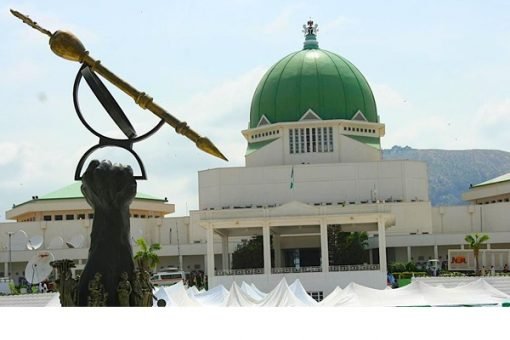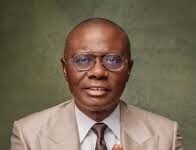The National Assembly has taken steps to fast track the legal framework for the conduct of the 2027 general election, summoning a joint committee public hearing on the repeal and re-enactment of the Electoral Act 2025.
The Electoral Act repeal and re-enactment Bill contained far reaching reforms to the electoral system including early voting for certain categories of Nigerians, inmate voting, replacement of elected legislators who either resigned or died before the expiration of their tenure, single day voting for all elections.
It also tends to reduce the period of litigations in electoral disputes, frivolous applications for review of election results, nullification of respected lawmakers and replacing them after inauguration among others.
Parties that field candidates who are not eligible to contest an election or present documents that are false are to be disqualified by the court from such election alongside the offending candidate.
Even though the joint Committee on Electoral Matters has scheduled a single public hearing with a view to fast tracking the process, the Nation observed that there are two electoral acts to repeal and amend bills before the National Assembly, with the Senate and House of Representatives having different versions.
For example, it was discovered that while the House of Representatives version has provision for early voting for certain categories of Nigerians as well as a new method of replacing elected lawmakers who either died or resigned or is incapacitated, the Senate version does not have the same provision.
While the House bill took steps to end series of bye elections arising from resignation and death of elected members of the state and National Assembly, proposing that parties who sponsored the lawmaker who died or resigned be made to produce his replacement, the Senate Bill is silent on it even as INEC and the Inter Party Advisory Council appear to be in favour of it.
It also set aside a date for security personnel; officials of the Commission; accredited domestic observers; accredited journalists; and ad-hoc staff of the Commission to cast their votes under a procedure to be determined by the Commission, adding that “a person whose name is on the early voter’s list shall not vote on the official day scheduled for the respective election”.
The proposed law is silent on the use of Permanent Voters cards for accreditation during elections, but states that “a person intending to vote in an election shall present himself to a Presiding Officer for accreditation at the polling unit in the constituency in which his name is registered, and shall provide any of “(a) an electronically generated voter identification, including a downloadable voter’ card with a unique QR code; or (b) any other form of identification as may be prescribed in section 10 (2).
The Senate Bill is also silent on this provision.
The new law makes it mandatory for funds meant for the conduct of the election to be released to the Commission not later than one year before the conduct of the general election as against the old practice which made it mandatory.
Sources at the Commission said not all funds meant for the 2023 general elections were released to the commission.
![]()










